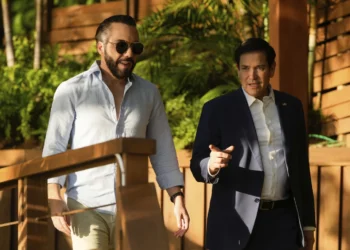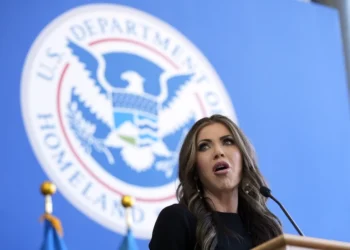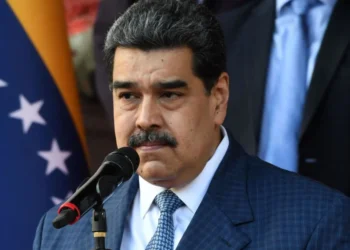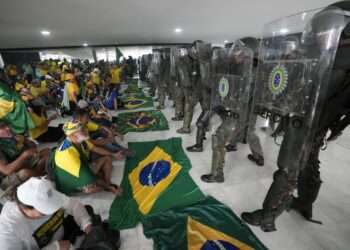Panama’s President, José Raúl Mulino, has denied claims by the U.S. State Department that American warships can now transit the Panama Canal without incurring fees.
The statement, which suggested a new agreement had been reached, was swiftly dismissed by Mulino, who emphasized that Panama’s laws do not permit such exemptions. “I completely reject that statement,” Mulino said during his weekly press briefing, adding that he had directed Panama’s ambassador in Washington to formally dispute the U.S. assertion.
He further revealed that he would be speaking directly with U.S. President Donald Trump to clarify the matter.
The controversy arose after the U.S. State Department posted on X, formerly known as Twitter, that “U.S. government vessels can now transit the Panama Canal without charge fees, saving the U.S. government millions of dollars a year.”
In response, the Panama Canal Authority issued a terse statement asserting that no changes had been made to the existing fee structure.
Mulino expressed his astonishment at the U.S. statement, describing it as an unacceptable misrepresentation.
“This really surprises me because they’re making an important, institutional statement from the entity that governs United States foreign policy under the president of the United States based on a falsity. And that’s intolerable.”
President José Raúl Mulino
During a visit to the Dominican Republic, U.S. Secretary of State Marco Rubio stood by the State Department’s statement but acknowledged Panama’s legal framework. “I respect very much the fact that Panama has a process of laws and procedures that they need to follow,” he said.
Rubio also emphasized the longstanding security relationship between the two nations, reminding that “the United States has a treaty obligation to protect the Panama Canal if it comes under attack.” He argued that it was illogical for the U.S. to pay fees to cross a strategic waterway it is committed to defending in times of conflict.
The dispute highlights growing tensions between Washington and Panama, particularly regarding Chinese influence in the canal zone. Rubio, who carried a message from President Trump, warned that China’s activities in the region could violate the 1977 Panama Canal Treaty, which mandates the canal’s permanent neutrality.
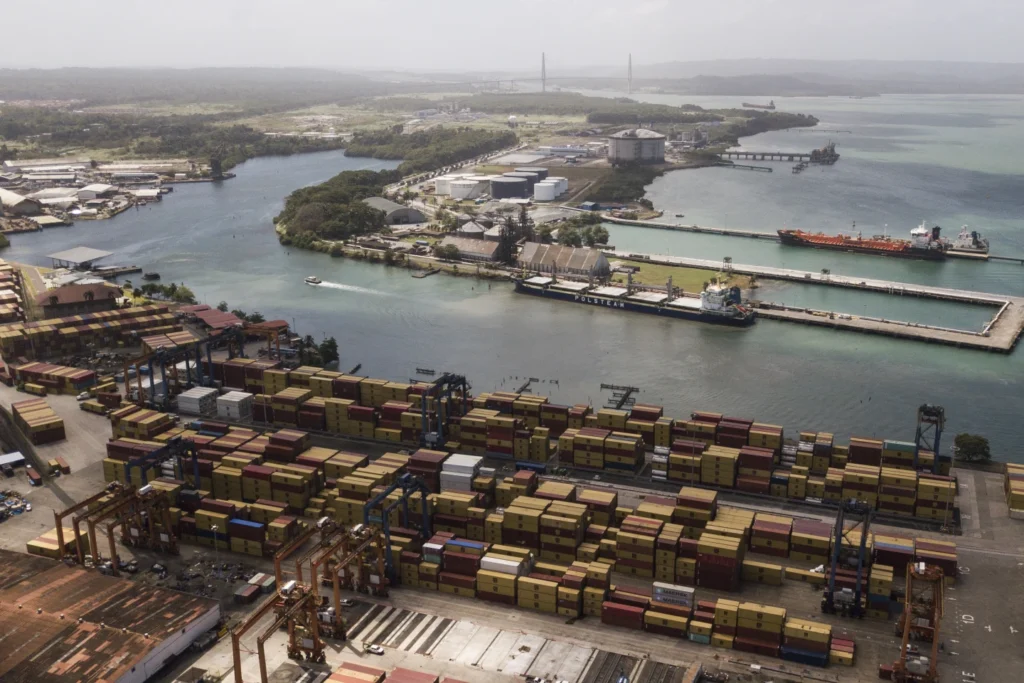
Canal Authority Maintains Stance On Fees
Panama Canal administrators have clarified that while they are open to discussions on giving U.S. warships priority passage, they have not considered waiving fees. Mulino reiterated that the country’s legal framework does not allow such exemptions. “It’s a constitutional limitation,” he said.
The canal, a vital global trade route, has seen U.S. warships transit its waters 994 times since 1998. These crossings accounted for just 0.3% of total traffic, generating $25.4 million in revenue, according to canal authority data. Fees for warships, including submarines, are determined based on displacement tonnage rather than the system used for commercial vessels.
The Panama Canal, an idea that dates back to 1513, became a long-term United States goal in the 1800s. After France’s unsuccessful attempt to construct a canal, the United States acquired the project, negotiating terms with Colombia for a lease of the territory.
President Theodore Roosevelt, recognizing an opportunity, supported Panamanian independence to secure a better deal, leading to the Hay-Bunau-Varilla Treaty, which granted the U.S. complete control over the canal project.
Construction took ten years and cost $375 million. U.S. engineers created the world’s largest man-made lake, the world’s largest dam, and a lock system to efficiently transport vessels. The canal officially opened on August 15, 1914, with the passage of the cargo ship SS Ancon. The canal, which is considered one of the great engineering feats of the modern world, links the Atlantic and Pacific Oceans.
With Mulino set to speak with President Trump, the issue remains unresolved. As diplomatic tensions mount, Panama continues to assert its sovereignty over one of the world’s most critical maritime arteries.
READ ALSO: President Mahama Vows Transformation, Accountability in Central Region


